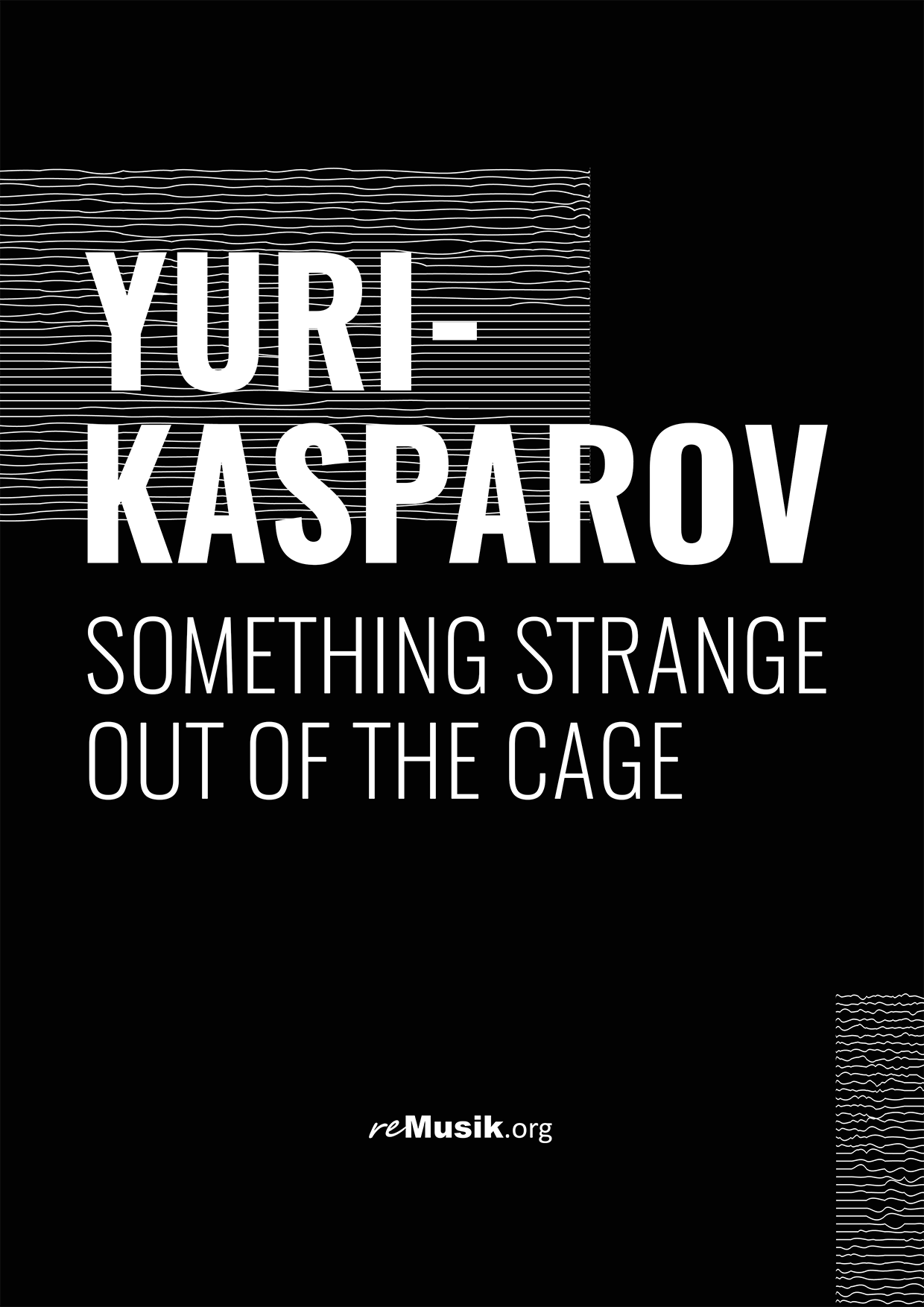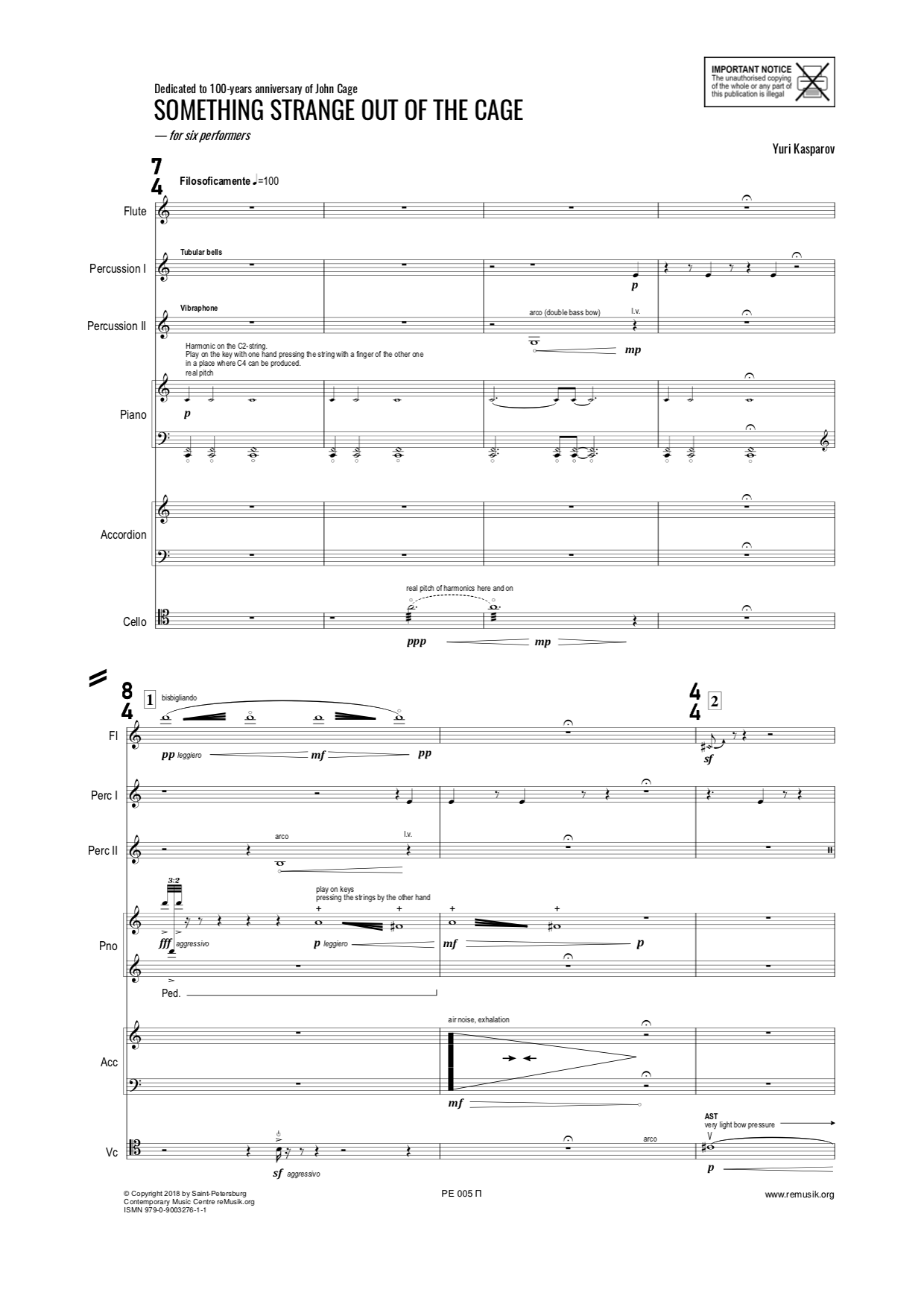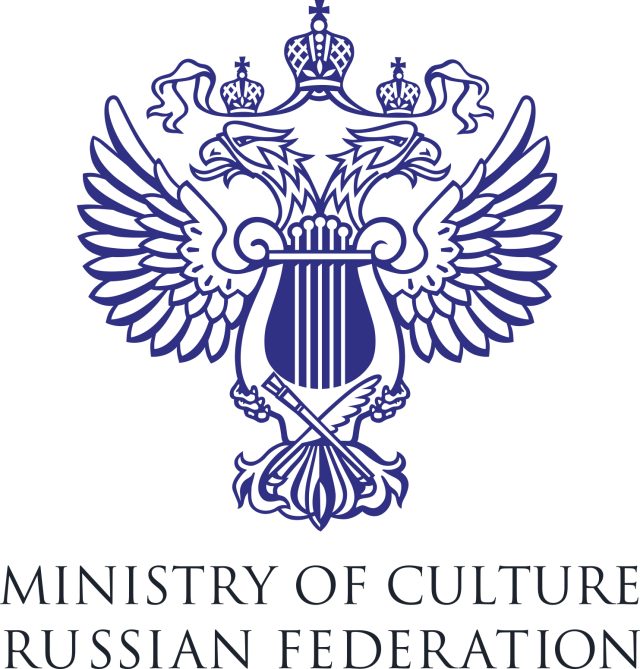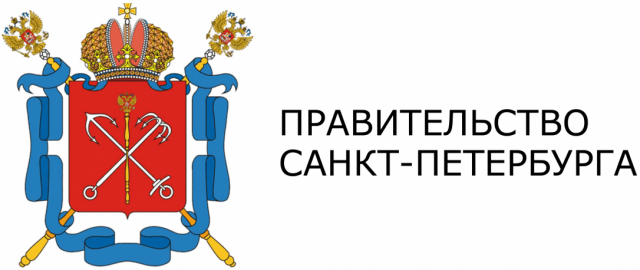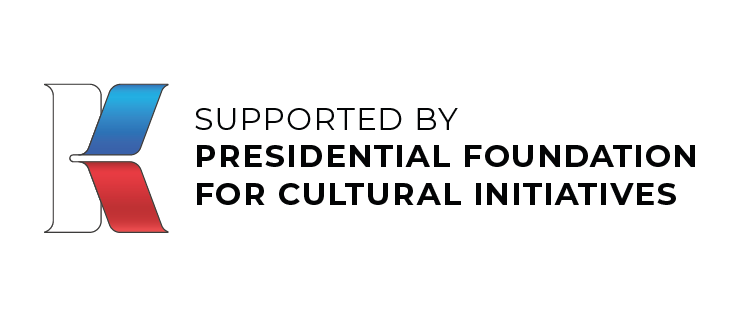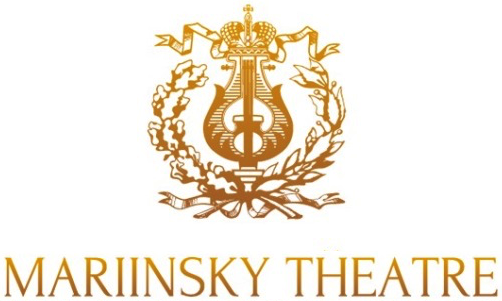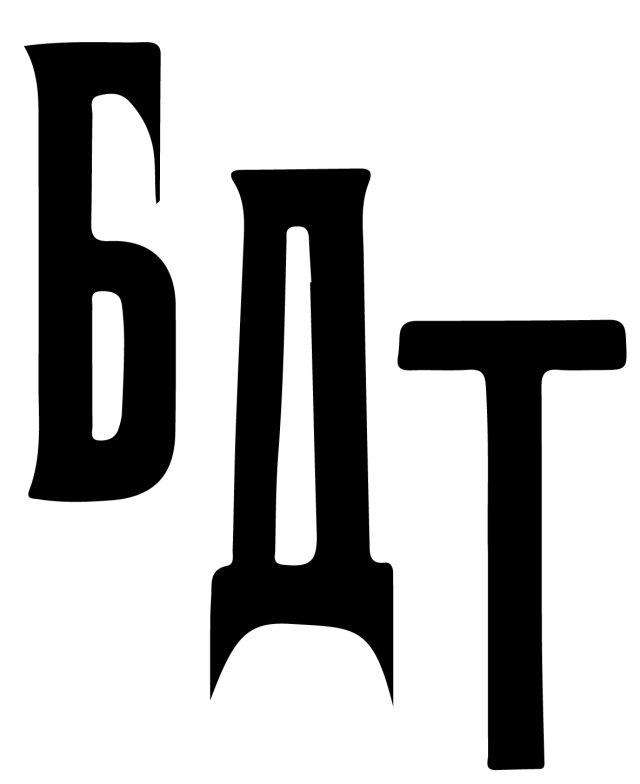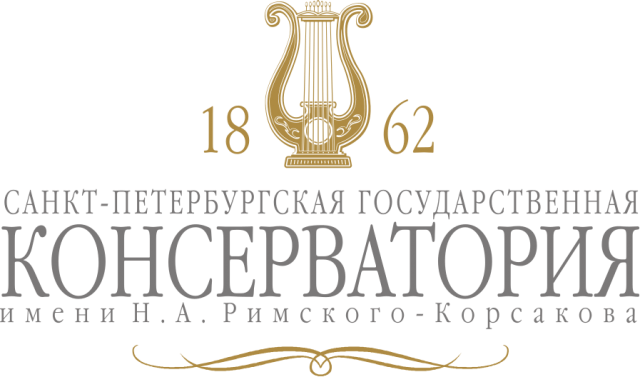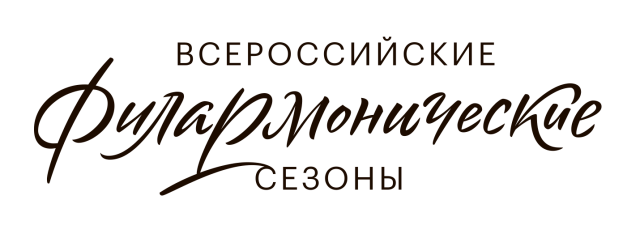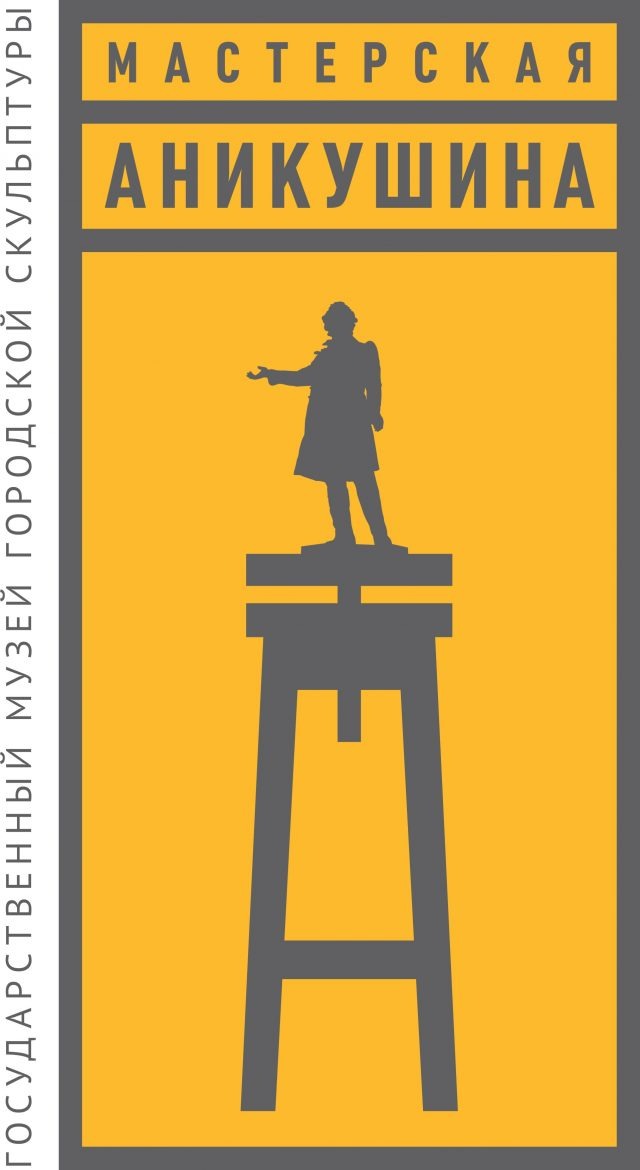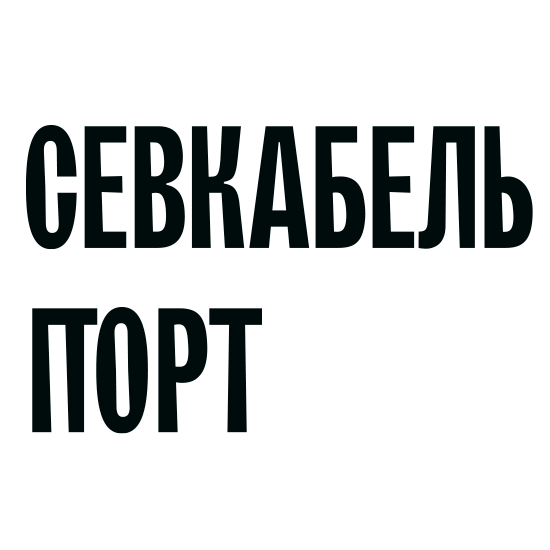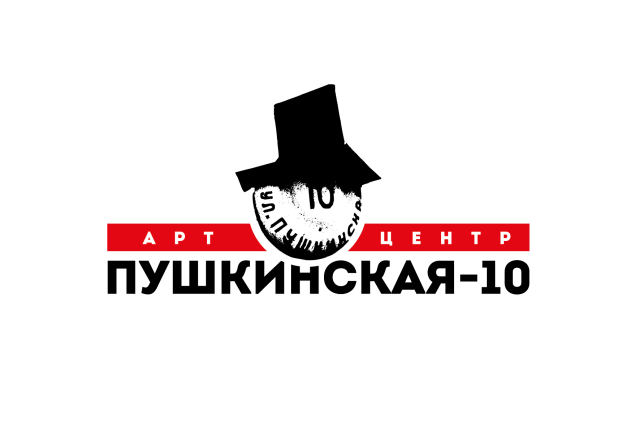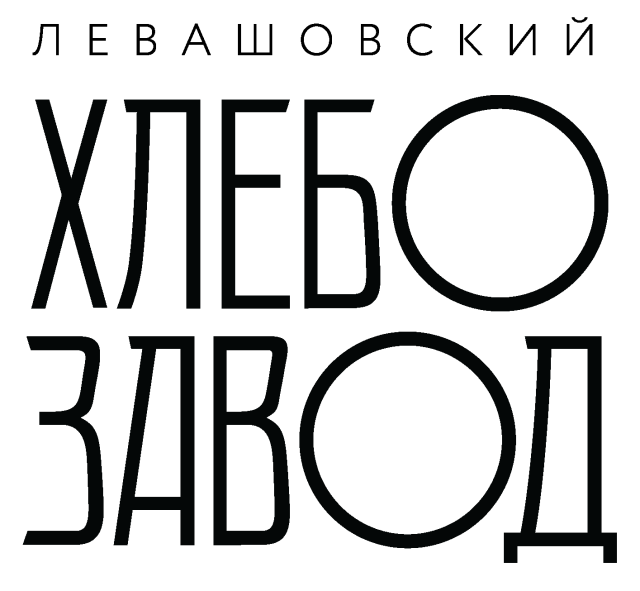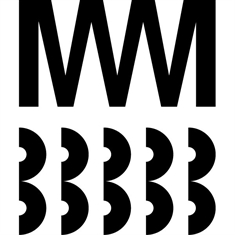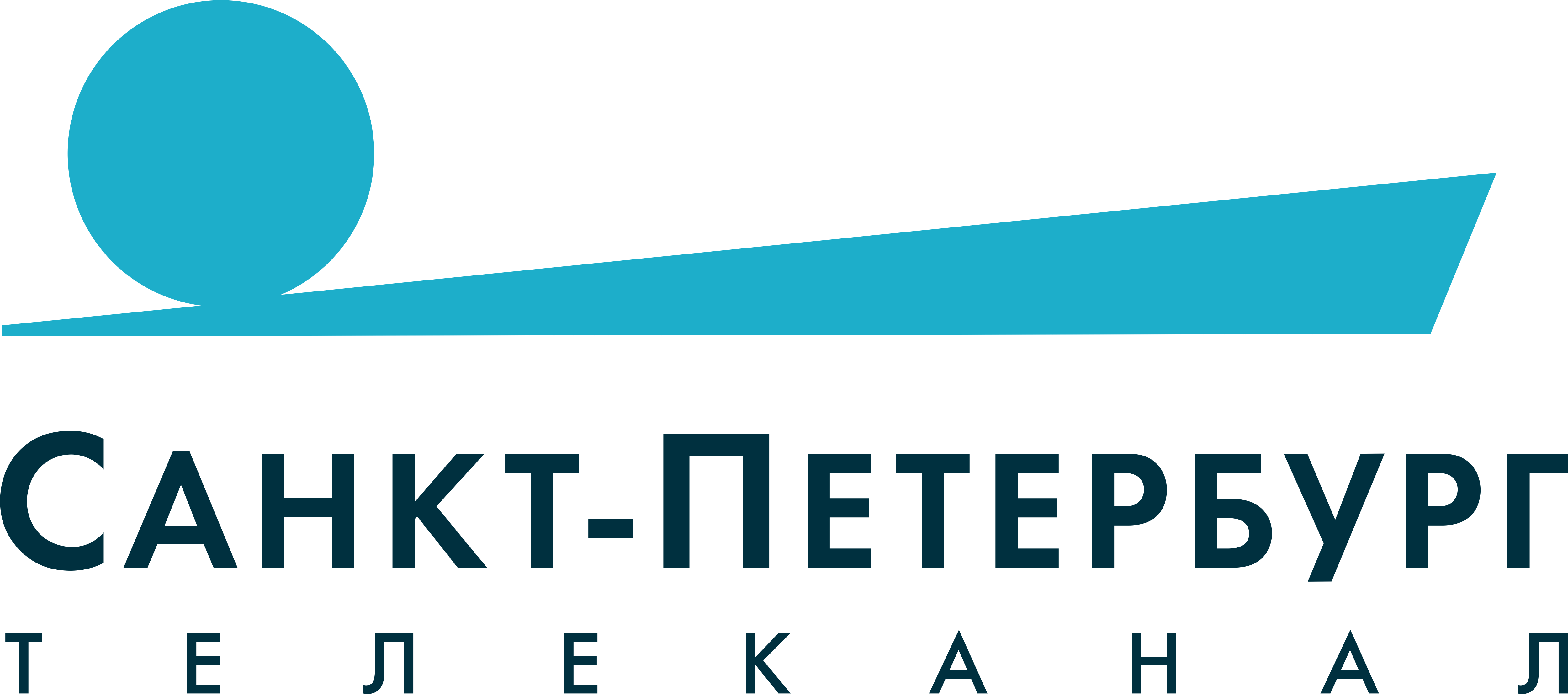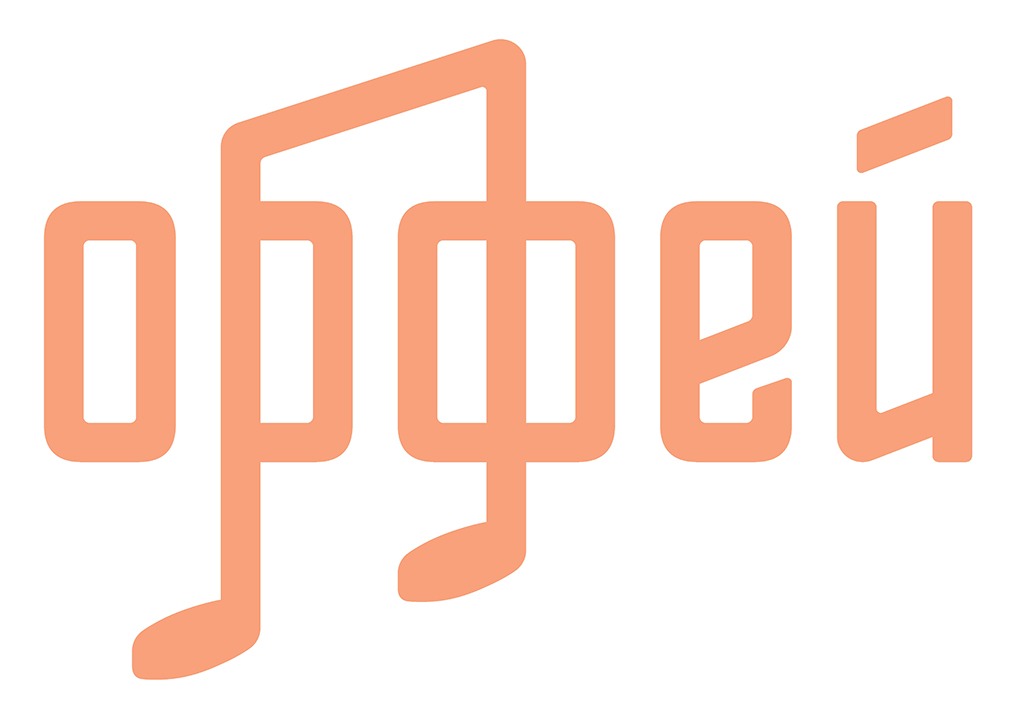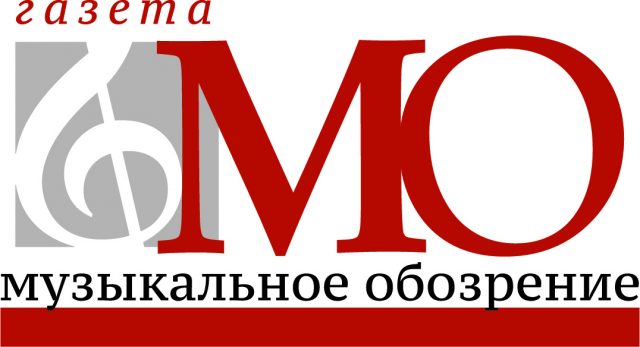(Pro)Stranstvo
(Pro)Stranstvo
Sunday, 25 May 2025
Sevkabel Port (Studio 42)
20:00
(Pro)Stranstvo I
The program:
Panayiotis KOKORAS (*1974).
Qualia (Russian premiere, 2017)
Dmitry SHUBIN (*1963)
per(Form) (World premiere, 2025)
Levy OLIVEIRA (*1993)
Reminiscences (Russian premiere, 2016)
Kyle VANDERBURG (*1986).
Tempest in a Teakettle (Russian premiere, 2016)
Masafumi Rio ODA (*1986)
Turbulence of Time Ⅳ (Russian premiere, 2025)
Alina MUKHAMETRAKHIMOVA (*1990).
Little green alien is going down the black hole (Russian premiere, 2023-2025)
Iván ADRIANO (*1985)
Coïts-Introïts (Russian premiere, 2019)
Stanislav MAKOVSKY (*1988)
Regle (Russian premiere, 2015)
Enrico FRANCIONI (*1959)
All in bass (Russian premiere, 2022)
Panayiotis Kokoras
Qualia (2017) is an electroacoustic composition created at CEMI, UNT. It explores music as a sensory phenomenon, engaging sound, space, and audience in a unified experience. Focusing on perception and sensation, the work treats motion, meaning, energy, movement, and timbre as inseparable aspects of sound.
Listeners encounter sound source identification, gesture decoding, and extra-musical connotations as intrinsic components of the auditory experience. Qualia delves into conscious experiences—such as perceiving frequencies at hearing thresholds or the timbre of a ship horn—revealing time and memory as omnipresent sensory blocks rather than sequential events. Here, time dissolves into a singular, enveloping sound field.
Panayiotis Kokoras is an internationally acclaimed composer and computer music innovator, currently Regents Professor and CEMI Director at the University of North Texas. Born in Greece (1974), he studied composition and classical guitar in Athens and later earned his MA and PhD from the University of York. His concept of “Holophonic Musical Texture” focuses on sound as the primary element of form, integrating acoustic and electronic composition. Kokoras’s works have been performed in over 1,180 concerts worldwide, winning 98 awards and being selected in 350 international calls for scores. He has received commissions from the Guggenheim Foundation, Fromm Music Foundation, IRCAM, and others.
As President of ICEM, he advocates electroacoustic music globally. His research spans spatial sound, machine listening, and tactile sound. His compositions appear on 56 album compilations.
Enrico Francioni
All in bass
The initial idea was to assign eight sound groups (in octophonie), eight respective groups of sound material. Material generated in a specific area of the instrument. Four were the elements from which the production of sound samples started: [WHERE]: where to generate sound? [MEANS] by which means? [WHEREBY] how …using that medium and in which part of the instrument ? [MOVEMENTS] gesture, what movements generate sound? From a formal point of view the piece consists of four sections: the first is characterized by events with sounds held, “to carpet”; the second from extra events and “random gestures”; the third from events with gestures of fixed duration; finally, the fourth from events of a-periodic duration (dense / rarefied).
Enrico Francioni graduated in Electronic Music and Double bass and at the Rossini Conservatory (Italy).
Among his masters: for electronic music E.Giordani, in addition to following the masterclasses by Branchi, Chadabe, Chowning, Roads and Vidolin, for the double bass F.Grillo.
He is the author of code for the App SOLO dedicated to the work of Stockhausen.
Awarded in composition competitions: Carella, Città Pavia, AGIMUS, Manoni, Le note ritrovate, DI_stanze, Amici Musica Cagliari.
His electronic works selected at: C.I.M., EMUFest, ICMC, Estudio Musica Electroacustica, Berklee College, Acusmatiq 9.0, ICSC, NYCEMF, SIMC, SMC_torino, SIIDS, REF REsilience, Sonosfera, Angelica, SAG, Foro Música Nueva, Area Sismica…
Dmitry Shubin
(per)Form (2025)
The term “form” in the title is used rather in a sense close to the concept of “orderliness”, without taking either word too seriously. What is happening here is a play with randomized sound sequences and juxtapositions, in which only the parameters of duration and dynamics are strictly defined.
Dmitry Shubin is pianist, improviser, conductor, based in St.Petersburg, Russia. He is active in various areas of contemporary music, from free jazz to solo works with electronics and sound art projects. He is a founder and conductor of St.Petersburg Improvisers Orchestra, as well as St.Petersburg Improvisers Choir; a founder of Sound Theater; art director of the St. Petersburg Sound Museum.
Levy Oliveira
Reminiscences (Memorial to a common citizen)
The piece is a reflection about life itself. The music acts as if the listener was inside the mind of someone close to death who is recalling important moments of his life such as childhood, sexual experiences,parties, work and death. The piece uses recorded and synthesized sounds to suggest all these environments, sometimes clearly and sometimes blurred, illustrating passages of life that almost everyone can relate with.
Levy Oliveira (1993), born in Congonhas (Brazil), dedicates himself to musical composition since 2010.
His music is being played frequently in Brazilian and international festivals (click here for detailed list) and it has also been awarded in competitions in Brazil and abroad. In his creative work, the composer aims to understand how the listeners reacts to music and what are their expectations to posteriorly confirm or deny it. The use of electronics sounds has been constant in his work because of the wide and expressive array of timbral and spatial possibilities provided by this media. Nonetheless, he has composed for different instrumentations that goes from acousmatic pieces to solo instrument, chamber and orchestral music
Masafumi Oda
turbulence of time Ⅳ
Contemporary music’s limitations have spurred extensions like visuals. This project proposes “subtraction,” projecting other media concepts into music itself, purely as sound informed by computation. A Unity app treats diverse sounds (instruments, cello) as algorithmically governed objects in 3D space, yielding novel sonic experiences without visuals – a “projection into music.” To counter “Sourceism” (fixed musical series predetermining output), real-time cello improvisation feeds the system, making output process, disrupting musical destiny. The algorithm’s internal circulation, free from Sourceism, is the key outcome of this subtractive approach.
A multimedia artist in Japan. Enrolled in Department of Philosophy, Sophia University. Having got master’s degree by writing a master’s thesis about Deleuze’s philosophy. Participated in many international music, media art and film festivals including Ars Electronica Festival, World New Music Days, ICMC, and so on in over 20 countries. Won many Awards including Special Prize at 3rd Ise-Shima International Composition Competition. A member of ASCAP and The Society for Electro-Acoustic Music in the United States (SEAMUS).
Iván Adriano
Messe de Nostre-Dames “Coïts-Introïts”
“Coïts-Introïts” is the first movement of the piece Messe de Nostres Dames, which refers to the monumental work of Guillaume de Machaut, and is inspired by Marquis of Sade esthetics. This work was approached as a response to the traditional method of acousmatic music in terms of the neatness of the materials: the frontal referentiality to a specific ex-tempo reality, the low quality of the sound material and the excess of saturation, the garbage-noises, etc. As for the idea, it was to use the symbolic universe of the sounds used, linked to the trivialization of sexuality and pornography, to create a new symbolic aura. In this work, perception is requested to immerse oneself in the ritual universe.
Iván Adriano was born in Mexico City in 1985 He studied classical guitar at the Faculty of Music of the National University of Mexico; during this period, he participated in the seminar of composition held by Julio Estrada. He completed his studies at the Accademia Chigiana of Sienne (Italie) and the Darmstädter Ferienkurse (Germany). He obtained a diploma in composition at Conservatory of Boulogne-Bilancourt (France) under the direction of Jean-Lurc Hervé (instrumental) and Yan Maresz (electronics). He completed his studies in composition by attending Master Classes at the CNME Festival (Israel), the Impuls Academy (Austria) and the ReMusik Academy (Russia). He obtained a master’s degree (2006) and a PhD (2023) in Music and Musicology from Sorbonne University, founded by the National Academy of Fine Arts and the National Conseil of Science and Technology (Mexico). Since 2024 he is professor at the Paris-Saclay University and Sorbonne University (France). He is currently a member of Mexico’s National System of Art Creators (2023-2026) and his music if published at Babel Scores editions.
Kyle Vanderburg
Tempest in a Teakettle
The title suggests the small problems we consider daily, waiting as they build within us. After being introduced to the teakettle in which we’ll be experiencing the storm, the noise of rain and wind quickly begin to fill the sonic space. Soft rains and distant thunder churn over one another in a tempest, finally giving way to cautious. Just as soon, the sirens fade, and a full kettle has come to boil while we were preoccupied. As the sonic manipulations extend the soundscape, the unease of waiting blurs the sense of scale between the tempest and the teakettle.
Kyle Vanderburg (b. 1986) grew up in Missouri where the Ozarks meet the Mississippi River valley. Raised on southern gospel and American hymnody, his music walks the line between eliciting nostalgia and devising innovative sonic worlds. His electronic works often play with familiar sounds in new contexts; his acoustic works feature memorable melodies and a very fluid sense of time.
He holds degrees from Drury University and the University of Oklahoma and has studied under Carlyle Sharpe, Marvin Lamb, Konstantinos Karathanasis, and Roland Barrett.
KyleVanderburg.com
Stanislav Makovsky
Regle (2015)
Stanislav Makovsky is composer and performer multi-instrumentalist actually based in Paris.Studied cello and musicology in the Kemerovo Music College, composition in Moscow Conservatory, then as a composer in The Conservatoire de Paris (CNSMDP).
He works as composer and improviser regularly with different ensembles and improvisers such as Multilaterale, Les Metaboles, Moscow Contemporary Music Ensemble, Ensemble Recherche, Neue Vocalsolisten Stuttgardt, GAMEnsemble, MolOt, Studio for New Music Ensemble, Alexander Markvart, Andrei Korobeinikov, Evgeny Novikov, Duot, Studio of Unconscious Music, Siberian Improvisation Company and others.
Winner of Prix Pierre Cardin of Academie-des-Beaux-Arts de Institut de France, (2019), Prix de jury de concours «Prix Saint-Christophe du jeune compositeur», Paris, France (2016), «Prix Macari Lepeuve», Paris, France (2016), prize of «Best sound», festival de film ZubrOFFka à Bialystok, Pologne, (2016), “Peer Raben Music Award” Cologne, Germany (2015).
Alina Mukhametrakhimova
The idea of the Shepard scale is used as a basis for the composition – a sound illusion of a constantly rising or falling sound, in which each sequence of sounds smoothly enters and smoothly fades out in such a way that it is almost impossible to catch its beginning and end against the background of the sound of other sequences. The track also uses an excerpt from Iannis Xenakis’s “Metastases”, processed self-quotes, synthesizer timbres, prepared piano and organ, and several songs generated by a neural network.
Alina Mukhametrakhimova graduated from the AMC at the Moscow State Conservatory named after P.I. Tchaikovsky (2009), and then the Gnessin Russian Academy of Music in piano (2014). She entered the second faculty – computer music and arrangement. An active participant in Russian and foreign contemporary music festivals, her compositions have been performed by such groups as the Moscow Contemporary Music Ensemble, N’caged, Barcelona Modern Ensemble, CEAM Artists, the Sofia Gubaidullina CSM Orchestra, Intertext, etc.
The 12th St. Petersburg International New Music Festival, the largest annual forum of contemporary classical music in Russia and one of the most comprehensive platforms for global new music events. It will be held from May 23 to June 7, 2025. Organized by the St. Petersburg Contemporary Music Center ‘reMusik.org’ under the direction of the artistic director and prominent composer Mehdi Hosseini, the festival is supported by the Ministry of Culture of the Russian Federation, the Government of St. Petersburg, and the Presidential Foundation for Cultural Initiatives.
The two-week festival will showcase over 70 diverse artistic events. Concerts will take place at premier music venues across the beautiful city of St. Petersburg. In addition to the many concerts, the festival will also feature online and offline educational programs, presentations, round table discussions, lectures, composer readings, creative meetings, and educational programs called “Composer Courses” for young authors from around the world that are led by prominent teachers from around the globe. Additionally, there will be a laboratory dedicated to improvisational and experimental music.
The St. Petersburg International New Music Festival is a unique event within Russia’s musical culture. It encompasses various aspects of modern academic music, including experimental, electroacoustic, electronic music, multimedia projects, sound art, as well as’ free improvisation’. The presentation format is not limited to traditional academic concerts, but goes beyond it by incorporating diverse performances and experimental shows.
Age limits
14+
Allow only registered users to comment.

